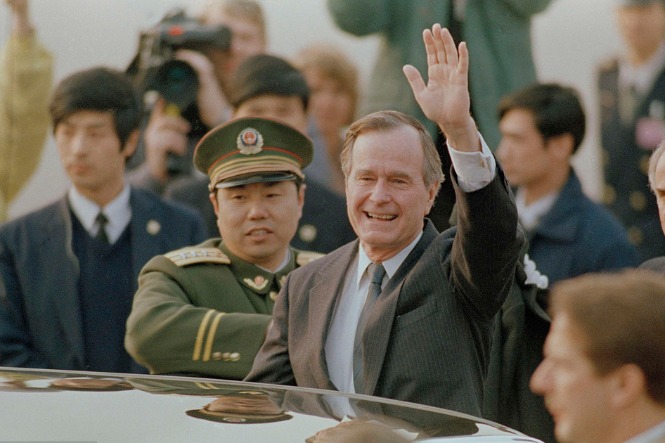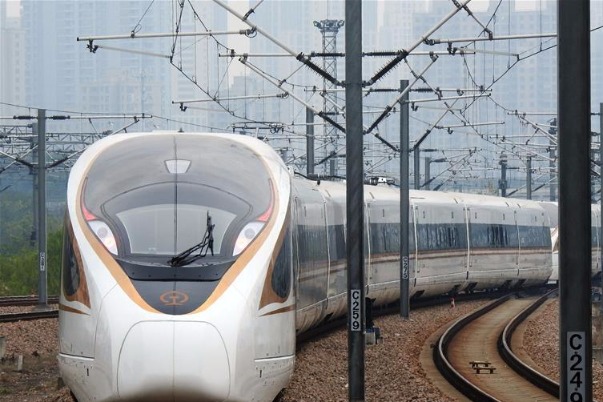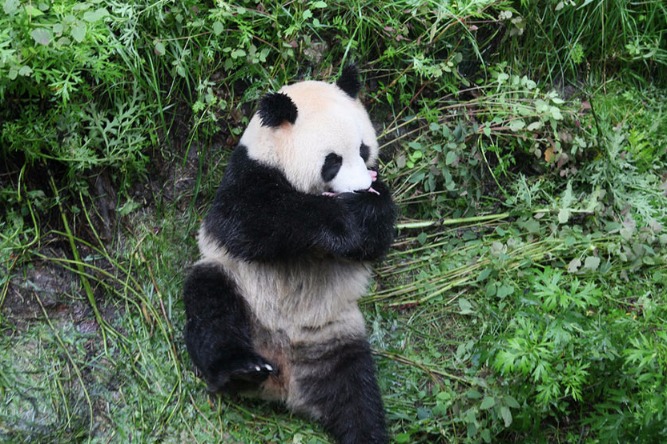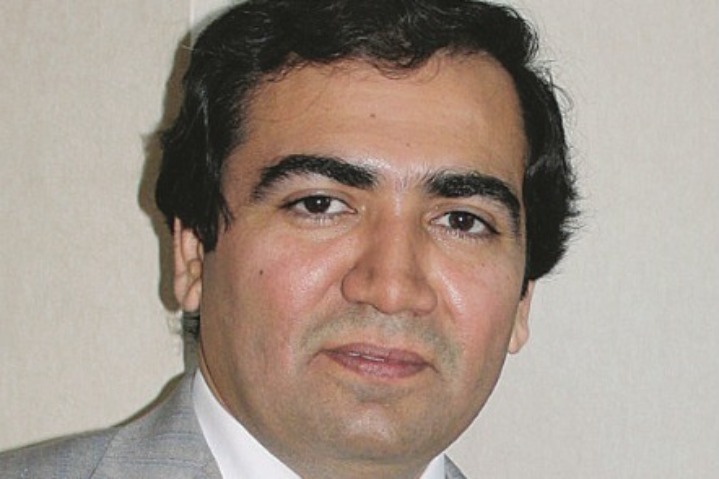US' disruptive actions render it a 'rogue nation'
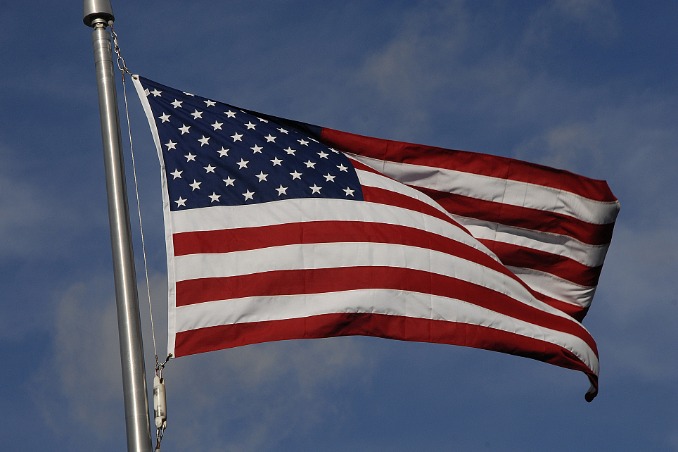
A nation is good or bad not for the reputation it enjoys but for the actions it takes
US officials and politicians who have for years excelled in calling other countries "rogue nations" should know the term is being increasingly applied to their own country now.
Robert Kagan, a neoconservative historian at the Brookings Institution, wrote in the May 14 edition of The Washington Post that most people assume US foreign policy would follow one of two courses: being a primary defender of the international order since the end of World War II, or pull back from overseas commitment, shedding global responsibilities and turning inward.
"It turns out there was a third option: the United States as a rogue superpower, neither isolationist nor internationalist, neither withdrawing nor in decline, but active, powerful and entirely out for itself," Kagan wrote, citing US President Donald Trump's policies on trade, Iran and several other areas. He accused Trump of not merely neglecting the liberal world order, but also milking it for narrow gains.
I have long admired Kagan's wealth of knowledge but often disagreed with his interventionist views in world affairs. However, I couldn't agree more with him on the Trump administration.
The term "rogue nation" has come to my mind many times, such as when the US invaded Afghanistan and Iraq under President George W. Bush, when President Barack Obama dramatically escalated drone strikes on sovereign nations, when Trump ordered the cruise missile strikes on Syria last year and again this year, or now as the US continues its more than half a century of embargo on Cuba.
But my civility prevented me from using the term. The strongest language I have used against the US is: a "threat to global rules and norms". That was in my May 19 column, in which I listed Trump's appalling actions of withdrawing from the Paris climate accord, the United Nations Educational, Scientific and Cultural Organization, the Iran nuclear deal, cutting funding to the UN, and threatening to impose more punitive tariffs on imports and abandon trade agreements with the US' major trade partners. The US announcement last week of pulling out of the UN Human Rights Council is the latest such action.
Search results for "US" and "rogue nation" are surprising. Kagan is not alone. Mary Robinson, a former UN special envoy on climate change, said last year that the US pullout from the Paris accord "renders it a rogue state on the international stage". Joseph Stiglitz, winner of the Nobel Prize for economics, too, blasted Trump for withdrawing from the accord in an article titled "US a step closer to being a rogue nation".
And Peter Hartcher, political and international editor of The Sydney Morning Herald, censured Trump for withdrawing from the Iran deal in a May 9 article, headlined "Donald Trump's America has just become a rogue nation".
If withdrawing from the Iran deal that was endorsed by the UN Security Council has made Trump's America a rogue nation, then the fresh threat it issued on Tuesday to impose sanctions against governments that don't cut imports of Iranian oil to "zero" by Nov 4 would make it a "rogue superpower", as Kagan has described it.
China, India, the Republic of Korea, Japan, France and Italy are among the largest importers of Iranian oil, and now the US, with its monopoly in the global financial system, wants to force them to follow US-devised rules that contradict those of the UN Security Council.
Edward Alden, a senior fellow at the Council on Foreign Relations, argued last week that US allies should not yet treat the US as a rogue nation despite Trump's irrational trade actions, for he believes the Congress, the business community, farmers and the public will force Trump to his senses.
Until Alden's prediction comes true, the "rogue nation" term would continue to describe Trump's America thanks to its innumerable disruptive actions.
The author is a columnist at China Daily. chenweihua@chinadaily.com.cn







